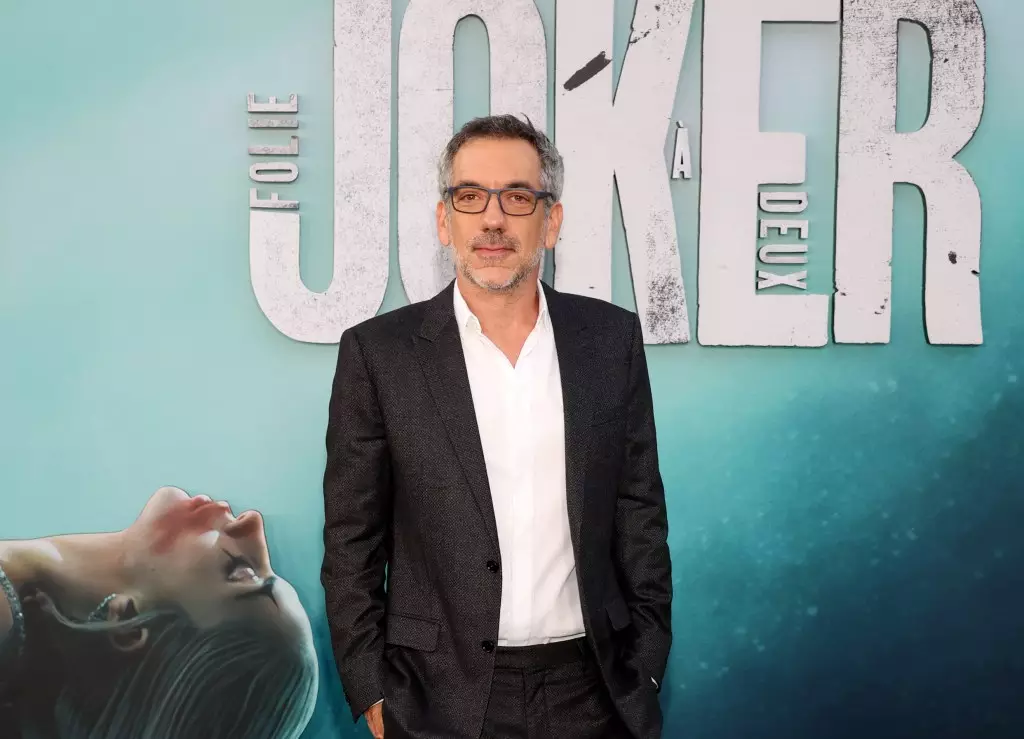In an era where cinematic experiences are evolving rapidly, Todd Phillips, the director of “Joker: Folie à Deux,” has proposed a thought-provoking solution to elevate the experience of moviegoers: eliminating commercials before film screenings. During an insightful conversation with Empire magazine, Phillips highlighted a common frustration among audiences who pay for their tickets only to be subjected to a barrage of advertisements that, in his view, significantly detract from the atmosphere of anticipation that should accompany a film screening. This suggestion taps into a larger dialogue about the etiquette and presentation of films in theaters, which have increasingly struggled to adapt to changing consumer expectations.
Phillips’ stance challenges the conventional practice of showcasing commercials prior to the trailers, which can disrupt the viewer’s engagement and emotional preparation for the feature film. As audiences eagerly await their cinematic experience, the presence of commercial interruptions often feels like an unwanted disruption, pulling them out of the moment. This critique resonates not just with moviegoers but also with filmmakers grappling with the broader implications of streaming services versus traditional cinema experiences. It raises questions about the integrity of the theatrical environment and what can be done to recapture the magic of movie-going.
Interestingly, Phillips’ insights are juxtaposed against the sentiments of his contemporaries. Sean Baker, known for his work on “Anora,” expressed concerns about the industry’s pivot toward streaming platforms and the compromise of artistry in digital filmmaking. Conversely, Paul Feig, the creative mind behind “Freaks and Geeks,” lauded the agility of streaming services in fostering innovative content. These diverse viewpoints highlight the ongoing tug-of-war within Hollywood as it grapples with how to engage audiences in an era characterized by rapid technological advancement and shifting viewing habits.
Despite Phillips’ significant contribution to cinema, his latest project, “Joker: Folie à Deux,” has faced a harsh reception, both critically and commercially. With a hefty budget of approximately $200 million, the film is now anticipated to incur substantial losses, a harsh reality for a highly publicized sequel. It has faced scrutiny from industry veterans, including Paul Schrader, who candidly described his experience watching it as akin to being trapped in a “really bad musical.” This polarized response underscores the risks associated with large-budget productions in a transformation-prone industry.
As the conversation about the future of film continues, the divergent opinions reflect an industry in flux. Tarantino’s endorsement of Phillips’ work as a “f— you” to conventional Hollywood signifies a push against mainstream expectations, while also acknowledging the complexities of audience reception. Movie theaters must adapt to enhance the viewer experience, potentially by re-evaluating the use of commercials in favor of maintaining the audience’s emotional investment in the film. Phillips’ proposal not only invites discussion but also serves as a reminder of the enduring goal of cinema: to captivate and transport audiences away from the complexities of the outside world.

